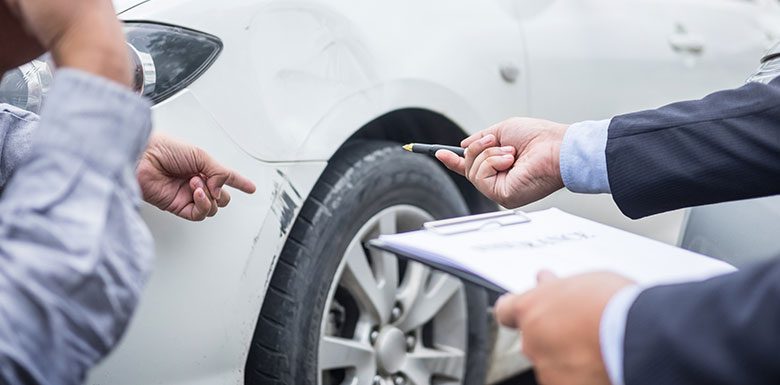
Even if you have some experience dealing with the aftermath of a car accident, you know that every situation is different. You’re sure to be shaken up, so knowing what you should and shouldn’t do in advance can work in your favor.
There are many steps you must take after a car accident, with these five among the most important:
- Move to safety. As long as you can do so safely, pull your vehicle out of traffic.
- Call 911. Before you do anything else, call 911 so that help arrives as quickly as possible.
- Check yourself and passengers for injuries. This will give you a better idea of what to do next, e.g., administering first aid.
- Gather information. If you’re able, gather information from the other people involved in the accident. This includes insurance policy information, names, license plate numbers, contact information of witnesses and photos of the scene and your injuries.
- Contact your insurance company. After receiving treatment, contact your insurance company to file a claim. When doing so, remember that you have a contract with your insurer.
These are the types of steps you need to take after a car accident. It’s not always easy to complete each one, but you should attempt to do so.
Once you’re stable and have the time necessary to learn more about the accident, you can turn your attention to protecting your legal rights. You may find that you’re able to hold the negligent party responsible for your injuries and any other damages by filing a personal injury lawsuit in the San Antonio civil court system.
Related Posts
Holiday Safety: Toys and Products
Beef Being Recalled by Tolleson Due to Salmonella Contamination
Legal Advice for Premises Liability Victims
"*" indicates required fields
